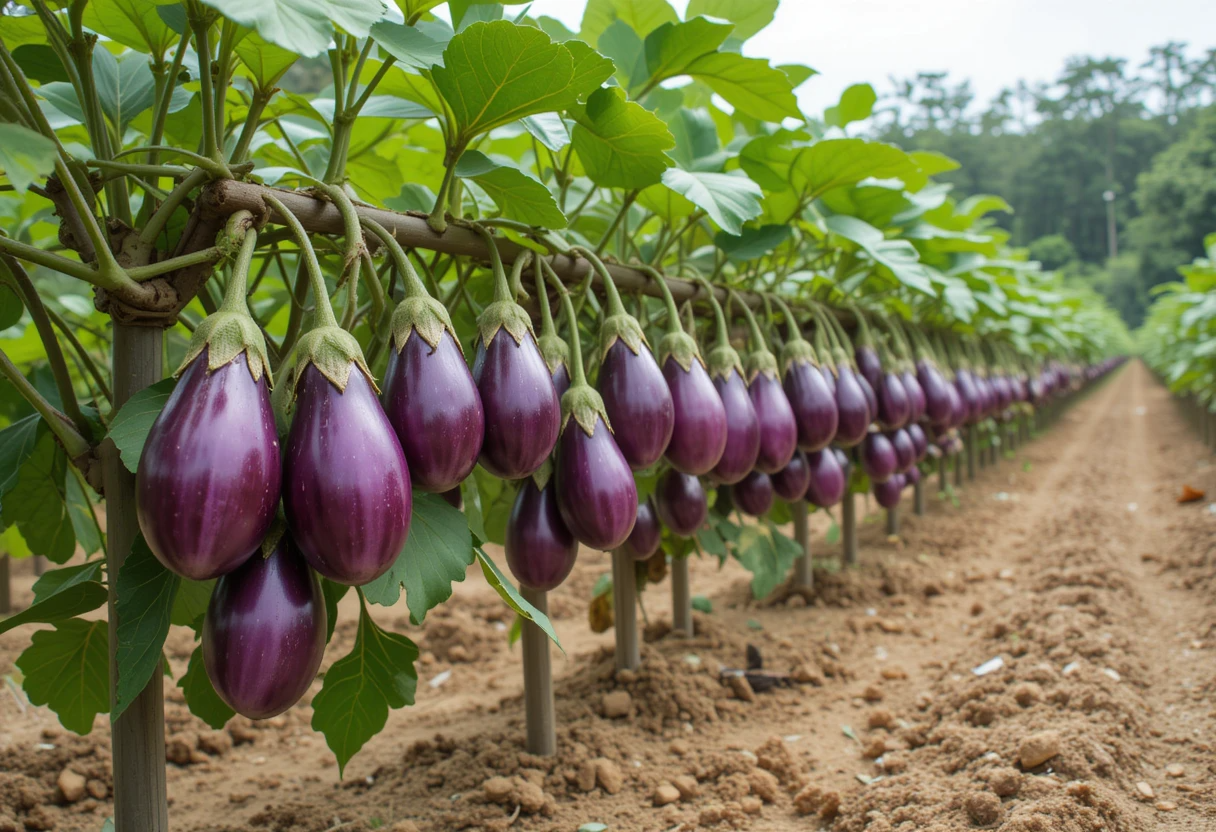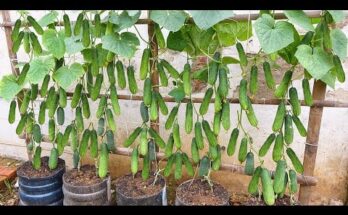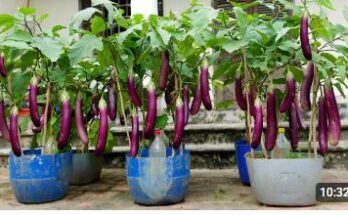Here is a detailed breakdown of eggplant (also known as aubergine), focusing on its nutritional profile, health benefits, uses, and relevance in the Philippines:
🌿 Overview:
Eggplant is a glossy, purple-skinned vegetable belonging to the nightshade family, which also includes tomatoes and potatoes. In the Philippines, it’s commonly known as “talong” and is a staple in many dishes like Tortang Talong and Pinakbet.
🧪 Nutritional Profile (per 100g raw):
-
Calories: ~25 kcal
-
Water: ~92%
-
Carbohydrates: 6 g
-
Dietary Fiber: 3 g
-
Protein: 1 g
-
Fat: 0.2 g
-
Vitamins:
-
Vitamin C
-
Vitamin K
-
Vitamin B6
-
Folate (B9)
-
-
Minerals:
-
Potassium
-
Manganese
-
Magnesium
-
-
Antioxidants:
-
Nasunin (a powerful antioxidant in the purple skin)
-
Chlorogenic acid (anti-inflammatory and antimicrobial properties)
-
-
💚 Health Benefits:
1. Heart Health
-
Rich in fiber and antioxidants that help lower bad cholesterol (LDL).
-
Contains potassium, which helps regulate blood pressure.
2. Weight Management
-
Low in calories and high in water and fiber, making it filling but not fattening.
3. Antioxidant Power
-
Nasunin helps protect brain cell membranes from damage.
-
Fights oxidative stress, which reduces the risk of chronic diseases.
4. Digestive Health
-
Fiber improves bowel movement and prevents constipation.
5. Blood Sugar Control
-
Slows digestion and sugar absorption, beneficial for diabetics.
🍽️ Culinary Uses:
Common Filipino Dishes:
-
Tortang Talong (Eggplant Omelette): Grilled, peeled, and dipped in egg before frying.
-
Ensaladang Talong (Eggplant Salad): Grilled, peeled, and mixed with tomatoes, onions, and bagoong (fermented shrimp paste).
-
Pinakbet: A mixed vegetable stew with shrimp paste, often includes sliced eggplant.
-
Adobong Talong: Cooked in vinegar, soy sauce, and garlic like the traditional adobo.
Cooking Tips:
-
Grill, roast, bake, fry, or steam.
-
Salt slices before cooking to reduce bitterness and absorb less oil.
🛒 Selection & Storage:
-
Choose firm, shiny eggplants with smooth skin and no soft spots.
-
Store in a cool, dry place or refrigerator, ideally used within 3–5 days.
-
Don’t wash before storing to avoid premature spoilage.
🇵🇭 Local Relevance (Philippines):
-
Grown widely in provinces like Ilocos Norte, Nueva Ecija, and Batangas.
-
One of the most affordable and accessible vegetables.
-
Commonly grown in backyard gardens due to its hardy nature.
-




